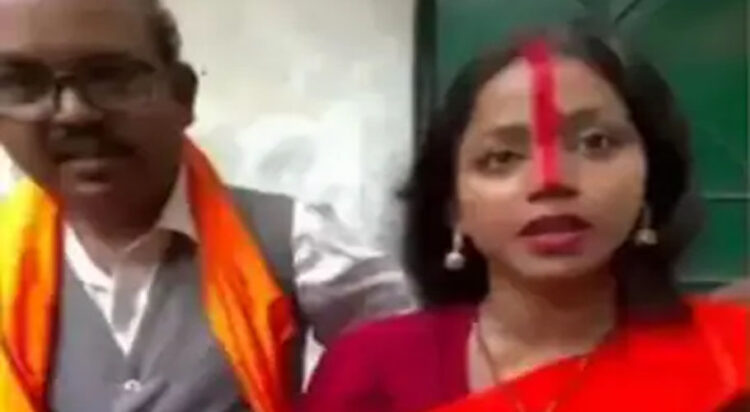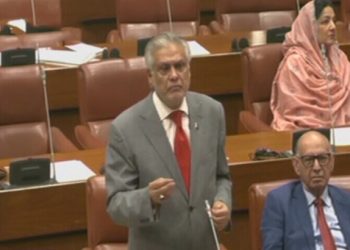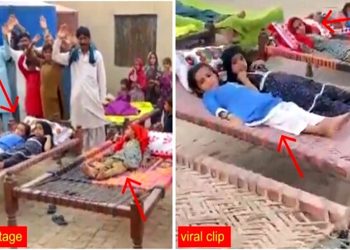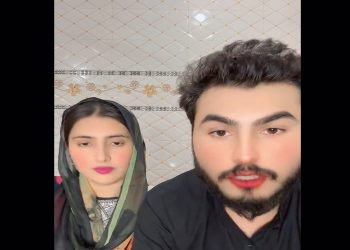A recent viral video in which a young Hindu woman in India claims to have married her father has been debunked as fake. The video, which left many viewers shocked and questioning societal norms, was part of a scripted content piece and not a real event.
In the viral footage, the woman introduces a middle-aged man as her “father” and claims they recently married in a traditional ceremony at a temple. The shocking nature of the video sparked widespread debate, challenging the deep-rooted norms surrounding relationships such as father-daughter and brother-sister bonds. However, a fact check has revealed that the video was a manipulated and cropped version of a longer scripted video, which was originally created for entertainment purposes.
The full, unedited video was uploaded on a YouTube channel and clearly mentions that the content was “purely made for entertainment purposes only.” The channel is reportedly run by Delhi-based content creator Ankita Karotiya, who has since clarified the nature of the video. In the original video, the woman and the man shown are not related in any way, and the script was designed to depict a scenario where a daughter-in-law marries her father-in-law, not a daughter marrying her biological father.
The viral clip itself features a 24-year-old woman, who confidently states, “This is my father, and we are happy after getting married.” The 50-year-old man beside her confirms their relationship, adding, “Yes, she is my daughter. So what is the problem in this?” When a bystander questions whether they feel any shame for their supposed marriage, the ‘father’ dismissively replies, “What era are you living in? Why be ashamed?” The woman responds, saying that their marriage is meant to silence the critics who had gossiped about their relationship, declaring, “Our marriage is our answer to those who talk behind our backs.”
The video quickly went viral, amassing lakhs of views after being shared by Samajwadi Party leader Jai Singh Yadav on X (formerly Twitter). Its wide reach led to heated discussions and widespread attention across social media platforms, with many questioning the authenticity of the claims.
Upon investigation, it was confirmed that the viral video was not an authentic depiction of a marriage but rather a scripted and staged piece of content aimed at gaining attention. As such, the claims made in the video are entirely false, and the video’s viral success highlights the potential harm misinformation can cause when not fact-checked.




































